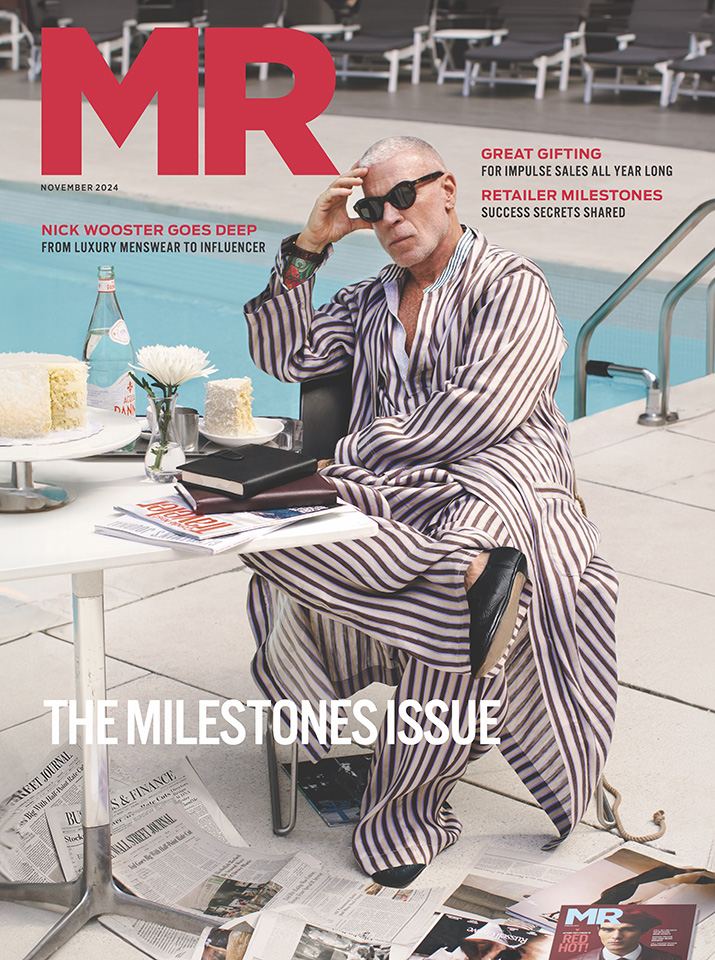RETAIL REACTION TO SUPREME COURT TAX DECISION: IT’S ABOUT TIME!


Thursday’s U.S. Supreme Court decision in “South Dakota v. Wayfair, Inc,” allowing states to collect taxes from online retailers regardless of whether they have a physical presence in that state, has been met with positive reviews from retailers, with most viewing the decision as a major victory for leveling the playing field, especially for brick-and-mortar retailers.
Yesterday’s ruling overturned a 1992 Supreme Court decision that made the internet a virtual tax-free zone. (The new ruling will supposedly generate between $8 and $23 billion in extra revenue for state and local governments. All but five states in the U.S. impose sales taxes.) As might be expected, stock prices dropped significantly after the decision for major online retailers including Amazon, eBay, Etsy, Overstock.com and 1-800-Flowers.
Matthew Shay, head of the National Retail Federation, said the Supreme Court ruling “clears the way for a fair and level playing field where all retailers compete under the same sales-tax rules whether they sell merchandise online, in-store or both.” Meanwhile, Deborah White, general counsel for the Retail Industry Leaders Association, said her group “couldn’t be more pleased with the outcome.” Notes Stephen Sadove, a member of the Executive Committee of the NRF (and former CEO of Saks), “We applaud the decision to close a loophole that produced an uneven playing field for main street businesses. I’m proud to support legislative action that will benefit our customers and communities.”
Indeed, many brick-and-mortar retailers greeted the decision with enthusiasm. Doug Ewert, CEO of Tailored Brands, said, “In this omni-channel world, the store is everywhere the customer is. This ruling corrects the arbitrary advantage that online retailers have had over brick-and-mortar retailers. It’s about time.” Adds Macy’s chairman and CEO Jeff Gennette, “We’re pleased with the Supreme Court decision and are hopeful that the states will follow with legislation that will put all retailers on a level playing field related to sales tax.”
Many effects of the decision are still to be determined including whether or not all states will place a tax collection burden on third party operators (half of Amazon’s business comes from these) and whether or not states will demand retroactive sales tax. Moreover, small online retailers may be hit with the heavy cost of complying with inconsistent rules for different taxing jurisdictions. Notes Russ Mitchell, co-CEO of the Mitchells Family of Stores, an independent retailer with stores in Connecticut, New York, California, Washington and Oregon, “It’s only fair that all retailers collect the same taxes. Let’s now hope that the states band together to simplify and standardize the rules. The last thing anyone needs is 50 different sets of rules for 50 different states.”
Reflecting the thoughts of many small independent stores, Larry Davidson from Davidson’s in Roanoke, Virginia believes his community and state will greatly benefit from the new law. “While the Supreme Court decision is fair and appropriate. this should have been addressed by Congress years ago as the world of retail commerce has changed. As a better men’s specialty store, I don’t have any real concern for my own business: independent stores have our advantages and online sellers have theirs. And I don’t think the sales tax differential matters so much to our customers. But as a resident of a great community and state, I have real concerns about meeting the needs of our citizens with fewer and fewer sales tax dollars available.”

